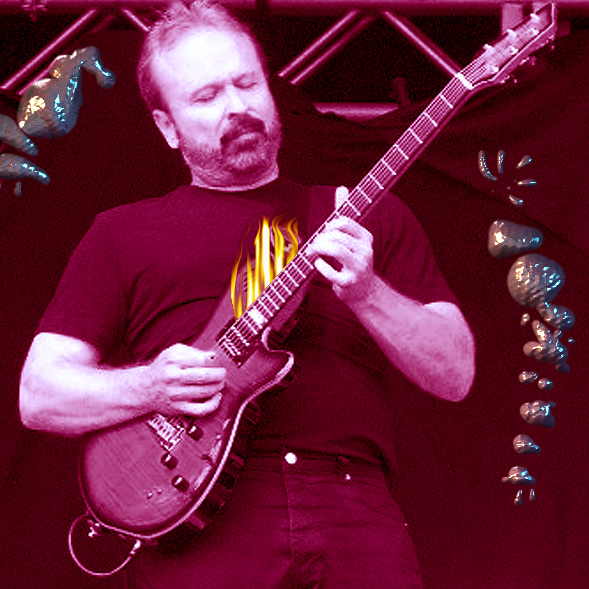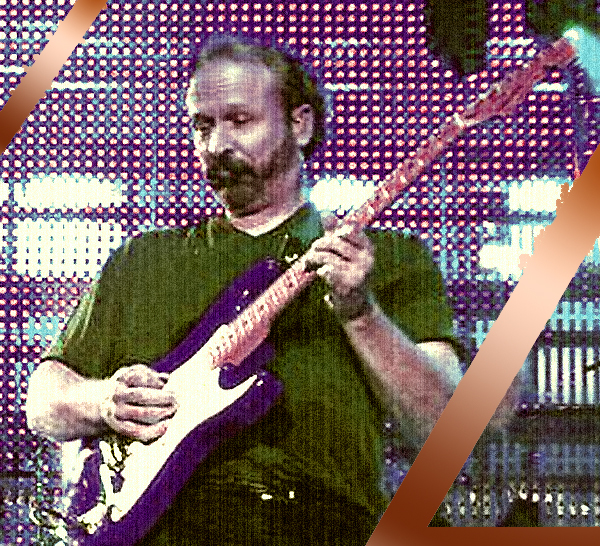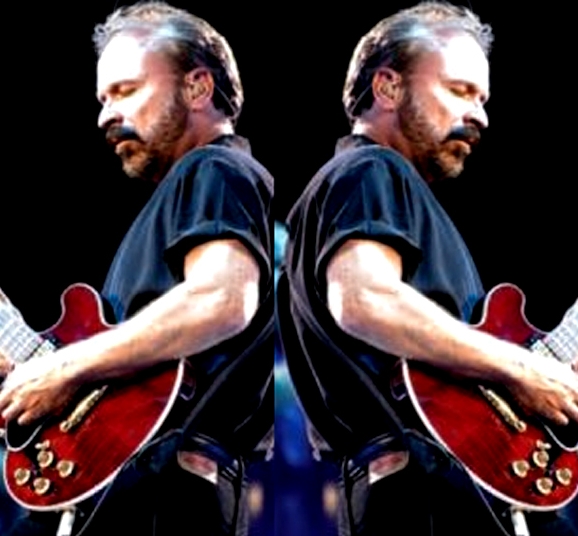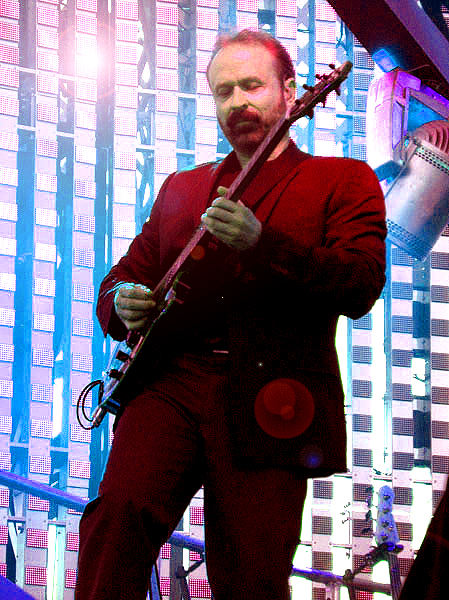
This guy knows his guitars! From his early days in Sweetbottom, to his work with Jean-Luc Ponty on albums like Imaginary Voyage and Enigmatic Ocean. Solo works like Waiting In The Wings and GO!, and of course his live guitar and bass work in Genesis, most recently featured on the Genesis DVD When In Rome. Daryl Stuermer is, at heart, a self-effacing Milwaukee boy who just happens to be able to burn up the frets with confidence and a strong melodic grounding. Sit back and join us in a nice little conversation about guitars, guitars, and guitars...



